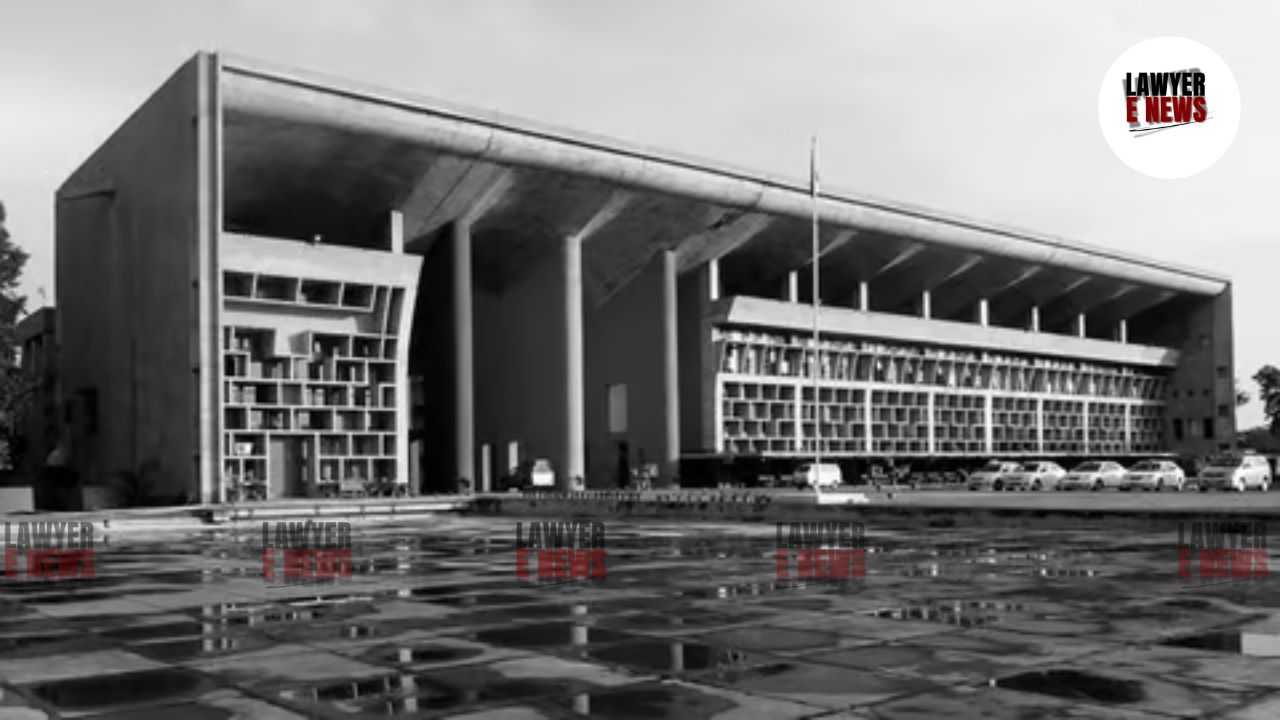-
by Admin
15 February 2026 2:36 AM



High Court of Punjab and Haryana, in the case of Pritpal Singh @ Prithpal Singh vs. Avtar Singh & Ors, set aside the lower court’s order that had denied the plaintiff’s request to submit additional evidence in a property dispute. The court ruled that the production of government records, such as Jamabandi (land records), was necessary for a complete adjudication of the case and allowed the plaintiff one final opportunity to present the evidence, subject to costs.
The dispute involves a suit for declaration and permanent injunction filed by Pritpal Singh, challenging the validity of a Will dated September 5, 2005, allegedly executed by his father, Kunan Singh, in favor of the respondents (Avtar Singh and others). The Will concerns land in the villages of Mulla Behram and Wadali Guru, Tehsil Amritsar-II. The plaintiff contends that the Will is a forged and fabricated document. In response, the respondents claimed that the plaintiff had already received his share of the father’s property in a different village and that the Will was validly executed in their favor.
During the trial, the plaintiff sought to introduce additional evidence, specifically the Jamabandi (land records) for the year 2021-2022, to counter the respondents' claims. However, the Additional Civil Judge (Senior Division), Amritsar, rejected this request on September 12, 2024, stating that the proposed evidence was irrelevant as it did not relate to the property in dispute. The plaintiff then approached the High Court seeking revision of this decision.
The core legal issue revolved around whether the lower court was correct in dismissing the application for additional evidence. The plaintiff argued that the production of Jamabandi was essential to rebut the claims of the respondents, as it would show that the defendants were co-owners of land in another village, and that the property had been purchased by their father in the name of all his sons equally.
Justice Ritu Tagore of the Punjab and Haryana High Court noted that the trial court had erred in dismissing the application arbitrarily. The proposed evidence, a certified government record, was admissible and crucial for the proper adjudication of the case. The court emphasized the need for a liberal approach, particularly in matters where the merits of the case might be affected by technicalities. The plaintiff’s right to rebut the respondents' claims outweighed the concern over procedural delays, which could be remedied through the imposition of costs.
The High Court allowed the revision petition, setting aside the trial court’s order. The plaintiff was granted one last opportunity to present the additional evidence (the Jamabandi records), provided he paid Rs. 5,000 in costs to the respondents. The court held that the submission of such evidence would not prejudice the respondents, who would still have the opportunity to rebut it.
Justice Tagore made it clear that courts must prioritize the substantive rights of the parties over rigid procedural rules. By allowing the additional evidence, the court ensured that the matter would be decided on its merits, rather than being stifled by technicalities.
The plaintiff was directed to appear before the trial court on the next scheduled hearing date, pay the costs, and tender the evidence. The court also warned that if the plaintiff defaulted in complying with these orders, the decision would be automatically vacated.
The Punjab and Haryana High Court’s decision underscores the principle that procedural flexibility is necessary to ensure justice is served. By allowing the submission of additional evidence, the court paved the way for a thorough examination of the facts in the property dispute, ensuring that the plaintiff’s claims were fully considered.
Date of Decision: September 26, 2024.
Pritpal Singh @ Prithpal Singh vs. Avtar Singh & Ors
